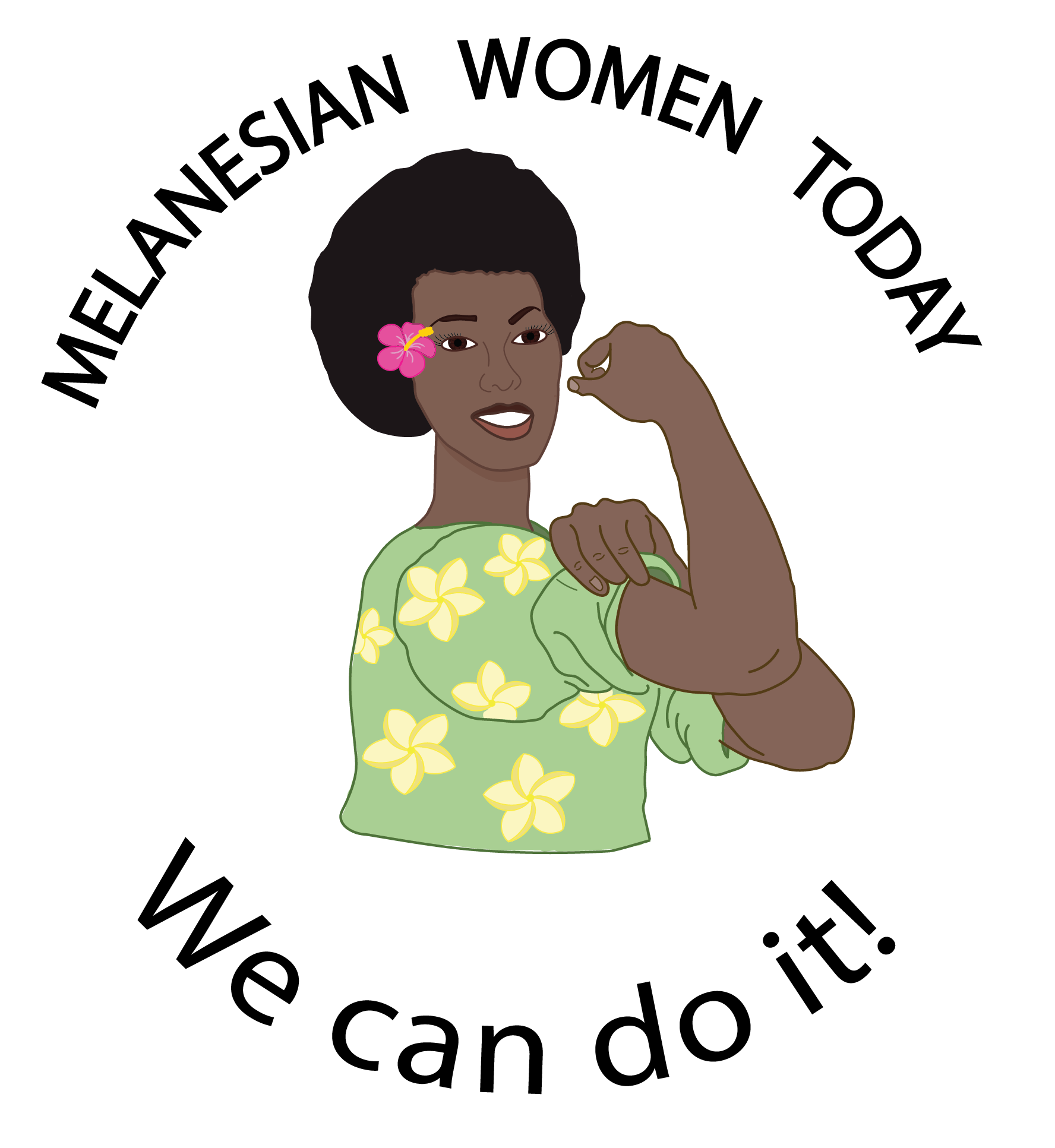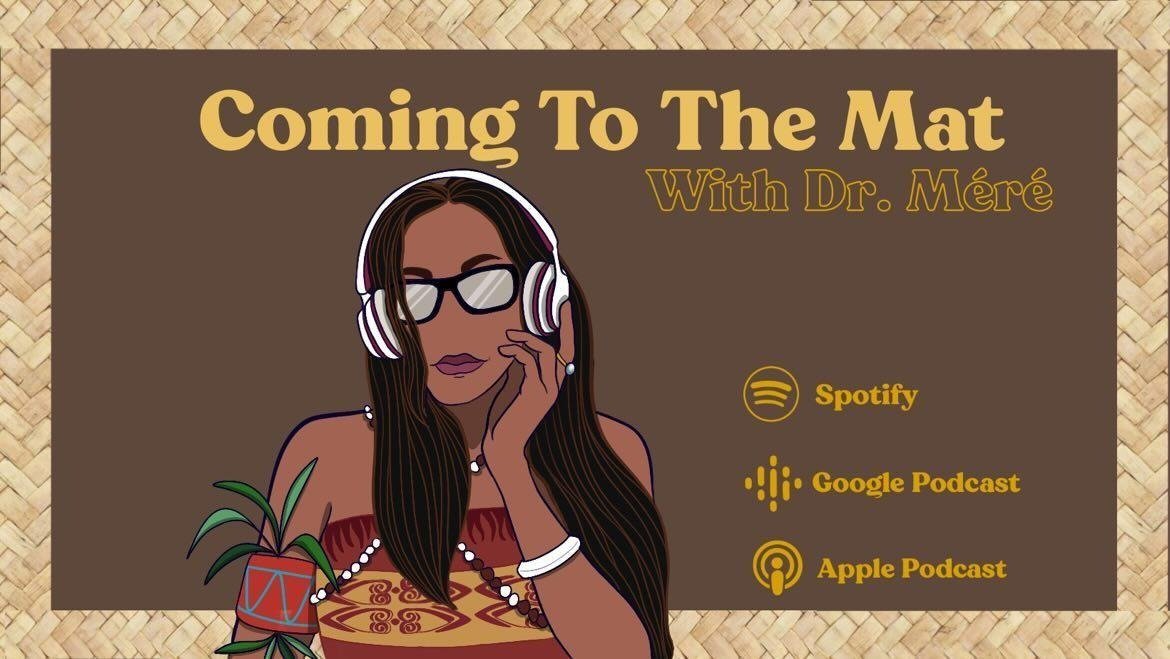Episode 40: Workplace Sexual Harassment
Workplace sexual harassment isn’t just about unwanted advances or inappropriate jokes—it’s about power, control, and the violation of personal boundaries. It’s defined by its impact on the victim, not the intent of the perpetrator. Yet, it remains underreported, especially in environments where power imbalances make it difficult for victims to speak up. The effects are devastating, leading to anxiety, depression, and even physical health issues. But there is hope. Around the world, people are raising their voices, demanding change, and holding perpetrators accountable.
In this episode, we’ll explore the realities of workplace sexual harassment, its psychological and physical impacts, and the progress being made to combat it. We’ll also provide resources and support for those affected.
GUEST: Joining us today is Gabrielle Tor, a passionate advocate for women’s rights, a certified counselor, and the Health Lead for Melanesian Women Today. With her expertise, we’ll dive deeper into the psychological impact of workplace harassment and explore ways to create safer, more equitable workspaces.
Resources for Listeners:
If you or someone you know is experiencing workplace sexual harassment, here are some resources and organizations that can help:
General Resources:
Familiarize yourself with your workplace’s rules and regulations on sexual harassment.
Speak with a superior or union representative about your concerns.
If you are under immediate threat, contact your local police force.
Country-Specific Resources:
🇺🇸 U.S.A:
RAINN: Chat online at rainn.org/ThatsHarassment or call the National Sexual Assault Hotline at 800.656.HOPE (4673).
🇳🇿 New Zealand:
Work Safe New Zealand: Visit worksafe.govt.nz or call 0800 030 040 (24 hours).
🇦🇺Australia:
Safe Work Australia: Visit safeworkaustralia.gov.au for information.
1800RESPECT: Call 1800 737 732 for counselling and support.
🇸🇧Solomon Islands:
International Women's Development Agency: Visit iwda.org.au.
Family Support Centre: Call 26999/20619 or (677) 26999 for legal and support services.
🇫🇯 Fiji:
Human Rights and Anti-Discrimination Commission: Visit fhradc.org.fj or call 330 8577.
🇻🇺Vanuatu:
Vanuatu Women’s Centre: Call their free line at 161.
🇵🇬 Papua New Guinea:
1-Tok Kaunselin Helpim Lain: Call or text 7150 8000 for counselling and support.
Crisis Support Lines:
🇦🇺Australia: Lifeline Australia at 13 11 14.
🇳🇿New Zealand: Helpline at 1737 or TAUTOKO Crisis Line at 0508 828 865.
🇺🇸 U.S.A.: National Crisis Line at 988.
🇻🇺Vanuatu: Youth Toll-free HELPLINE at 087777 or call 111.
🇫🇯 Fiji: LifeLine Fiji’s Crisis Helpline at 1543.
🇳🇨 New Caledonia: SOS écoute at 05 30 30.
🇵🇬Papua New Guinea: 1-Tok Kaunselin Helpim Lain at 7150 8000.
Workplace sexual harassment is a pervasive issue, but awareness and action can drive change. By supporting survivors, advocating for stronger protections, and fostering safe environments, we can create workplaces where everyone feels respected and valued.
If you found this episode helpful, please share it with others and consider reaching out to the resources mentioned. Together, we can break the silence and build a better future.
Stay tuned for our next episode, where we’ll continue to explore critical issues affecting communities worldwide.

